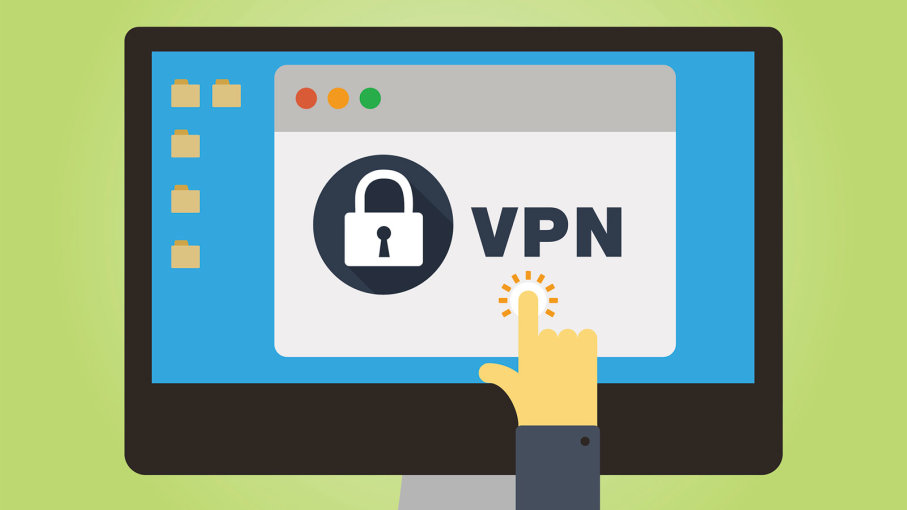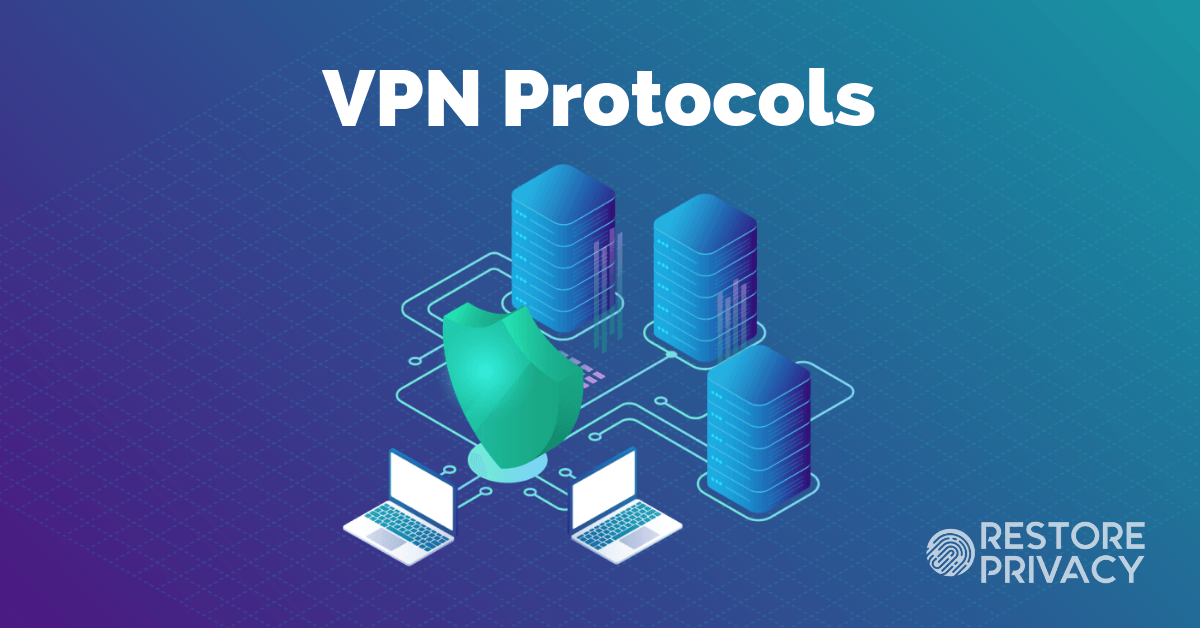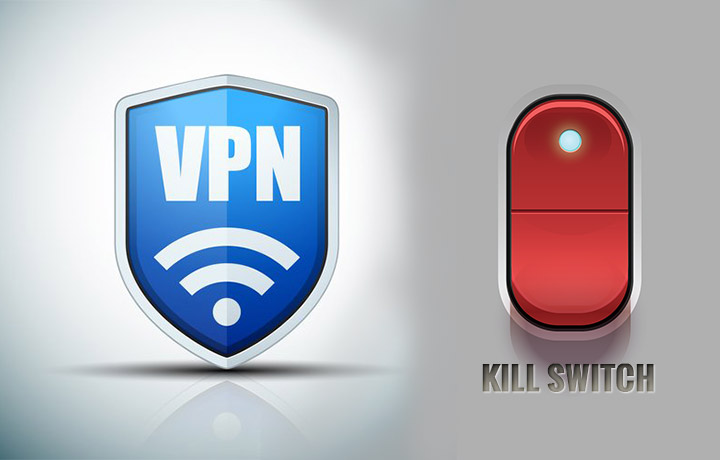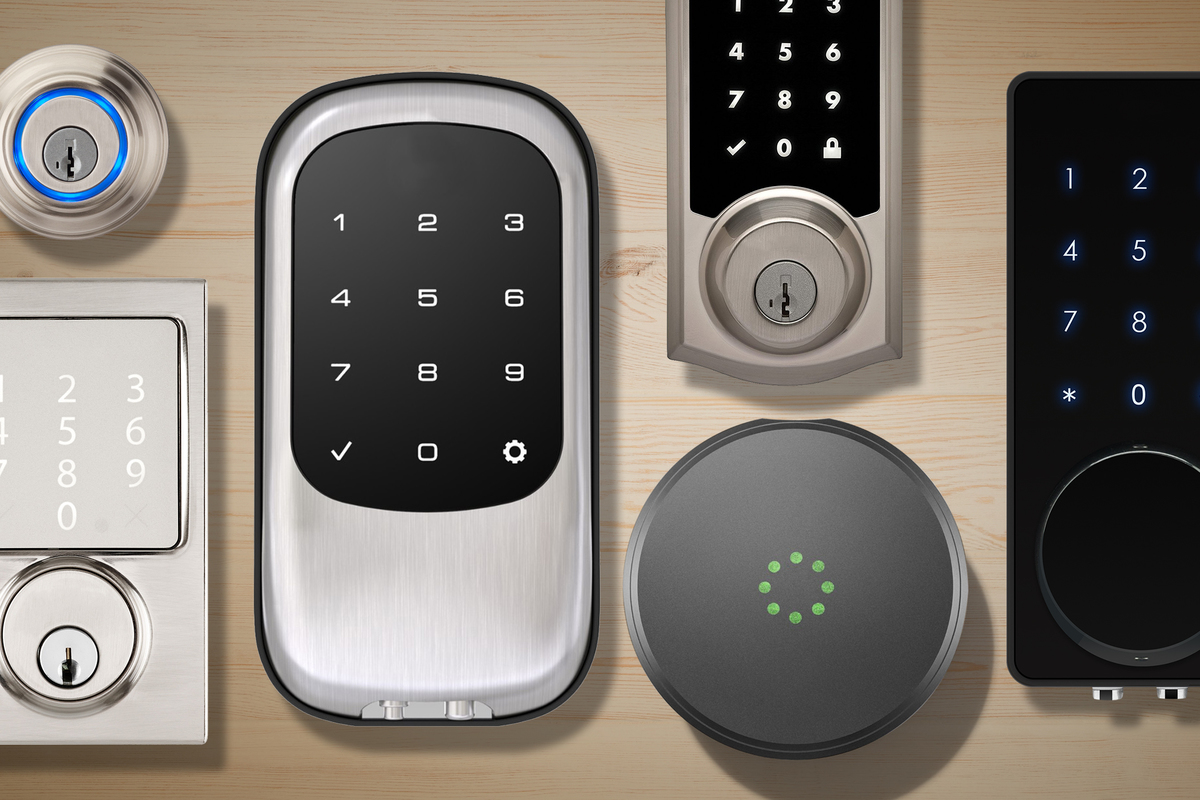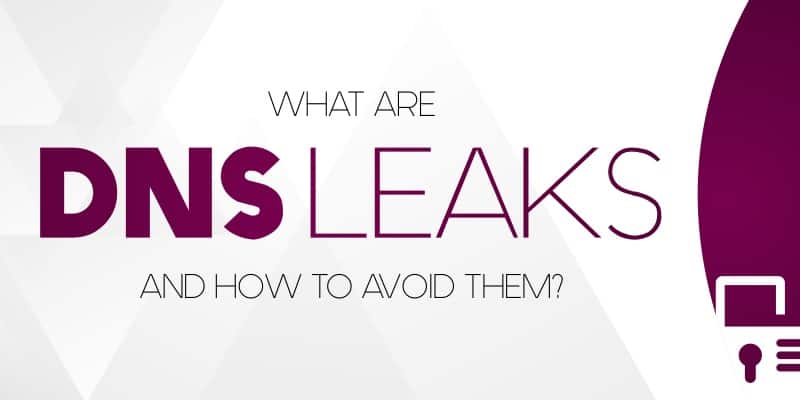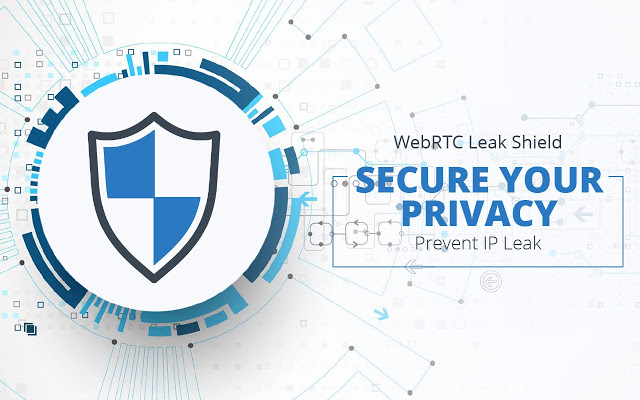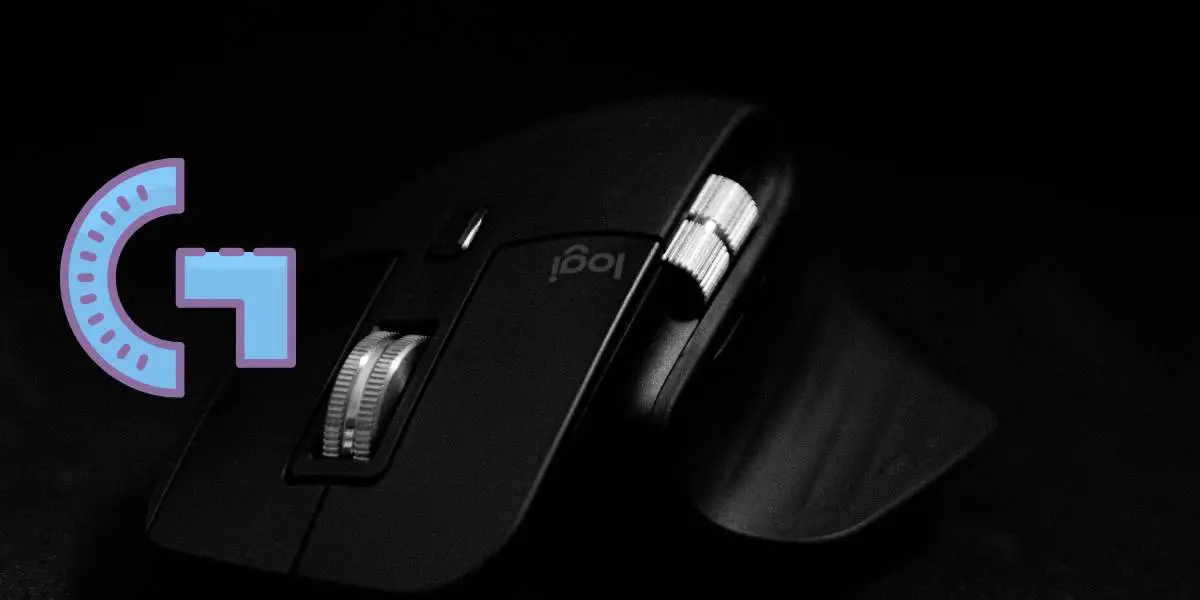By default VPN services offer excellent anonymity and security, but that does not mean they are impossible to crack. Also, VPN is used to access region-restricted websites specifically when it comes to playing your favourite game. There are providers that offer VPN specifically for enhancing the gaming experience, so make sure to check out the best gaming vpn services available. But if you looking out at means to be really safe, there is more you can do. Today, we have brought some tips that can better assure your protection and privacy.
Contents
Modifying The VPN Protocol
There is not just one kind of VPN. Actually, there are a number of different VPN standards in common employment, and many VPN suppliers actually offer you an alternative. Sometimes that selection is accessible in the connection application; sometimes it is just a configuration choice for 3rd-party VPN apps.
Most normally, your choices are layer 2 tunneling protocol (L2TP/IPSec), point to point tunneling protocol (PPTP), and OpenVPN.
Specifically, if you are setting it up on flashed VPN router or a mobile device by yourself, L2TP and PPTP are normally better alternatives, since they are much simpler to set up. In most of the cases, you only really require a username, server name, and password.
On the other hand, it is absolutely worth employing OpenVPN. PPTP has fundamentally been cracked. It employs feeble 128-bit encryption, and the authentication process & initial connection can be intercepted, resulting in your data to be compromised and decrypted. On the contrary, it is actually the quickest of the protocols since it has the least encryption overhead.
L2TP is safer comparatively. But it also includes a bulk of overhead and is the most sluggish of the protocols. However, OpenVPN is the best of all. It is quick, is fully safe, and recovers swiftly from a lost connection as far as we know.
Using Your Kill Switch
One of the problems using a VPN connection is that if the connection is unsuccessful (which means if the connection is lost or the VPN server goes down) your PC will instantly drop back to your normal IP address, possibly making you defenseless. This is dubbed as an IP leak. You possibly will not even know it has occurred.
This is where the kill switch is used. It makes sure that if you lose the connection then either your Internet connectivity is closed down or the applications that employ it are. In short, if you are not connecting then you are not connected with VPN.
Some apps for VPN connection, in fact, have an incorporated kill button. We suggest that you employ it, so be certain to turn it on in the settings if you have not already.
It is safe to use a tool for kill switch, which can be fitted to any VPN. These applications, such as VPNetMon and VPN Watcher, are set up in Windows to instantaneously close particular applications if the VPN goes down and restart them if it turns on again.
Turning On A Network Lock
In the same layer as a kill button, turning on your network lock is one more easy and quick method to assist guarantee your connection is safe in case your Wi-Fi gets disturbed.
In the case of VPN disturbance, the network lock will prevent your device automatically from using the Internet. This means your data is capable of remaining safe while your VPN restarts itself.
By keeping your network (whether it be your desktop or mobile) locked, you will not have to be concerned about your IP being vulnerable. It is a helpful feature to turn on. That said, not every provider of VPN provides it. Keeping your mobile device and data secure are equally important wherever you are – this article over on Cell Phone Deal is full of information and advice on the best safety solutions you can implement in order to ensure that your phone is as shielded from prying eyes as possible
Avoiding DNS Leaks
Domain Net Server (DNS) is the service that your PC employs to translate URLs such as into an IP address.
When you are linked to a VPN you must automatically be employing the safe DNS server offered by the VPN supplier. Excluding sometimes you do not. Sometimes your PC may employ its normal DNS connection, avoiding the VPN. That is dubbed as a DNS leak, and it can be observed by outside bad actors.
Some VPN suppliers have protection for DNS leak inbuilt, but if yours does not you can run a test. The location, which it tells you, must be your “fake” VPN location, not your real one. If it is unsuccessful, then there are recommendations that offer a solution.
Banning IPv6 Leaks
For most Internet activity, we employ the good old IPv4—the one with 4 sets of number separated by decimals. The thing is, there is actually an IPv6 as well, which is developed to offer a lot more IP addresses as compared to IPv4. Internet suppliers are still shifting to IPv6 from IPv4, even though your PC supports both.
IPv6 works outside of the VPN and a bad actor may employ it to understand who you are. It is not something that is often done, but it is achievable, and the only actual solution is to turn off IPv6. Some VPN apps have the capability of doing this built in, but if you need to do it yourself it can be achieved, as well. There is also an official Microsoft guide for this.
Some VPN firms have begun launching their own apps to offer consumers more management over their privacy. ExpressVPN, for example, provides free-to-utilize leak testing software to assist keep your connection safe.
Preventing WebRTC Leaks
Above all leaks, it is also essential to make certain your network is not unwittingly disclosing your address. Web Real-Time Communication (WebRTC) is a common standard that lets two machines to swiftly interact with each other by broadcasting IP address of each other.
Unluckily, by performing so it also sometimes unknowingly shares the user’s location. Since WebRTC leaks are associated with your browser and not particular apps, the error can, in fact, locate and broadcast your actual IP address even when you are employing a VPN.
A simple method to test for WebRTC leaks is to verify your IP address after and before you link to a VPN. You can use an easy IP tester to observe your IP address before and after you link to a VPN server. Your address must change relying on which VPN service you are employing. If it does not change, then it may be an indication that your browser is leaking your data.
Most of the VPNs have begun providing their own devoted WebRTC leak security, but you can also employ free ad blockers such as uBlock Origin to manually ban any local WebRTC leaks.
All in all, you just had a look at how to secure your VPN connection. Securing a VPN connection is important in this age of rising Internet threats. Having said that, if you feel that this article was helpful, let us know by commenting below. You can also add other tips if you are aware of any.
